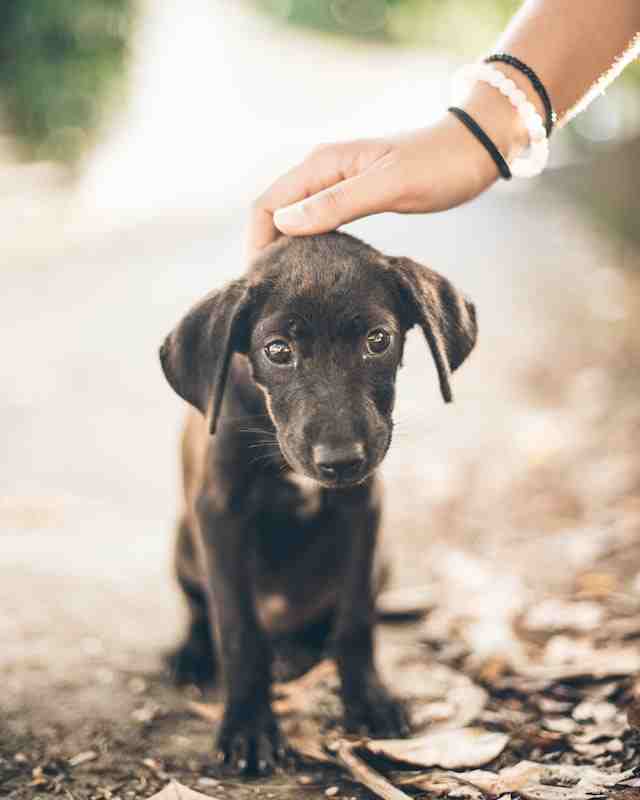
Coccidia is very common in puppies, most puppies tend to have coccidia at least once in their lifetime.
In this post, we would be looking at everything a responsible puppy parent needs to know about coccidia and we would also be looking at a special type of coccidia called cryptosporidium.
What is coccidia in puppies?

I would first like to debunk the popular thought that coccidia is a worm, coccidia is a protozoan, not a worm.
Coccidia is a single-celled organism that matures and develops in your puppy’s intestinal lining.
Coccidia would cause intestinal upset because the coccidia organism grows and develops in your puppy’s intestinal lining, it would cause trauma and inflammation.
Coccidia is seen quite often in younger dogs or dogs that are immune compromised.
Coccidia eggs are present in the feces of infected dogs.
Symptoms of coccidia in puppies
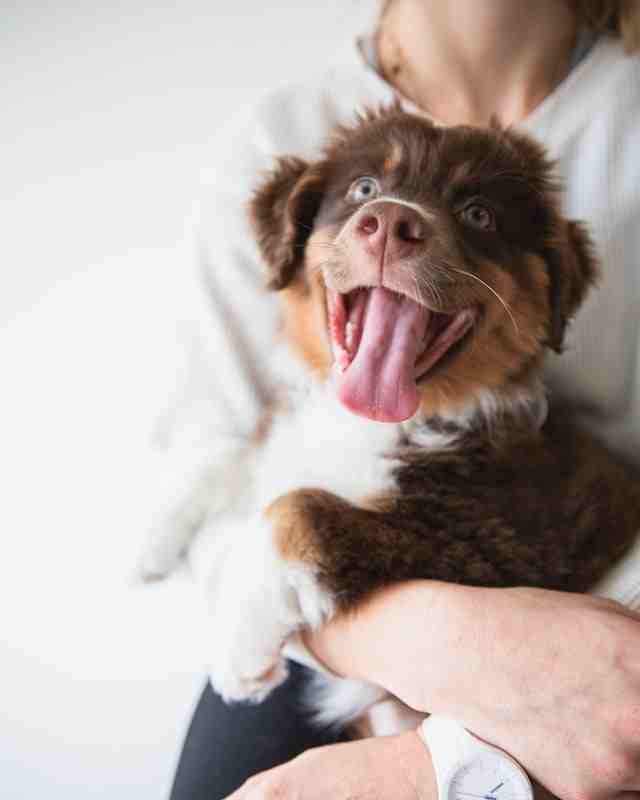
Diarrhea: it is usually a watery, mucus-like diarrhea and it could sometimes be bloody,
Abdominal pain,
Vomiting,
Increased potty accidents, and
Your puppy might feel weak and feverish.
Causes of coccidia in puppies

Eating contaminated faces
Contaminated food and water
Contaminated animals; rodents and some insects have coccidian and when your puppy bites them or eats their dead bodies, it can contract coccidian.
Most times puppies contract coccidian from the feces of their mother.
Stress could also make the effects of coccidia worse in puppies. Weaning, travel, and moving are all stressors that can make the effects of coccidia much worse.
Diagnosis of coccidia
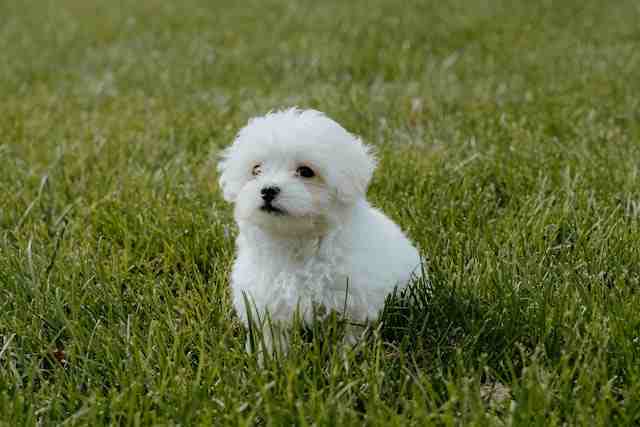
To diagnose coccidia in your puppy, your vet would perform a fecal /poop exam.
He/ she would take your puppy’s poop, and add sugar water which would make the coccidia eggs float and they would look at it through a microscope to check if coccidia eggs are present.
Treatment for coccidia in puppies
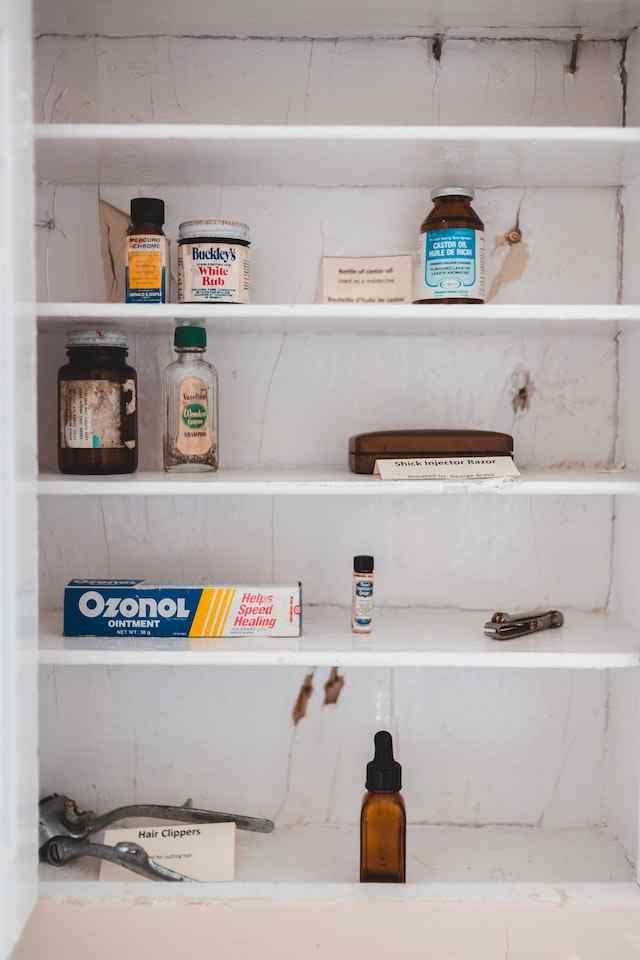
Most people don’t treat coccidia as long as they should and it comes back. Most treatments need to last at least 21 days.
Sulfa drugs have long been used to treat coccidia, and they are also typically effective for prevention. I suggest you talk to your vet for a prescription.
I would advise you to treat diarrhea and the vomiting that comes along with coccidia.
For diarrhea, you can check out this post on puppy diarrhea click here.
For the vomiting:
Remedy for vomiting
Acupressure
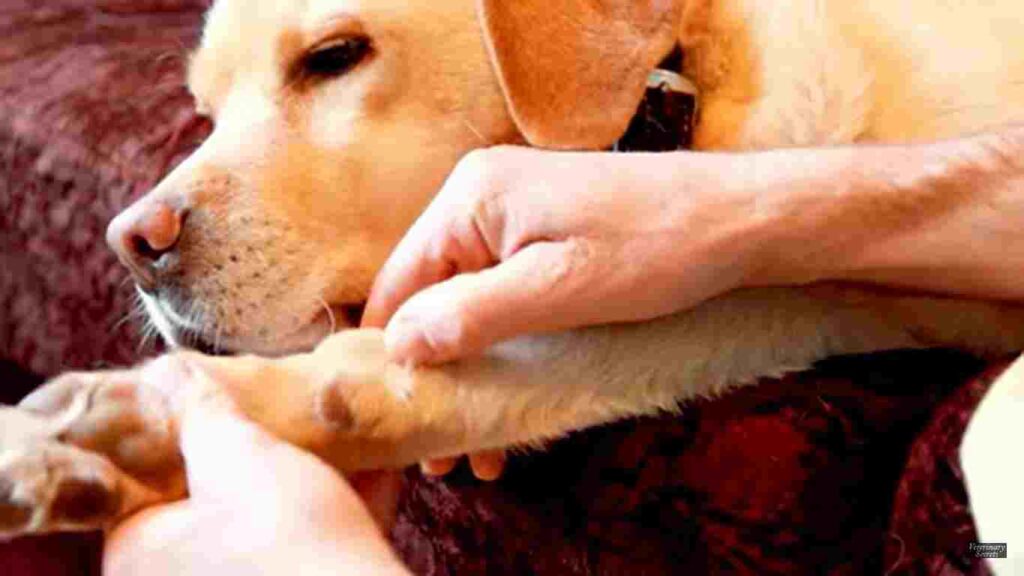
This is a Chinese technique that you could use to make your puppy feel less nauseous. Vets have also confirmed that this technique works.
This method involves gently using one of your fingers to press or make a circular motion around your pup’s PC 6 point for 30 to 60 seconds.
The PC 6 point is located below your pup’s wrist and above the pad of its dewclaw as illustrated below.
Cannabidiol oil
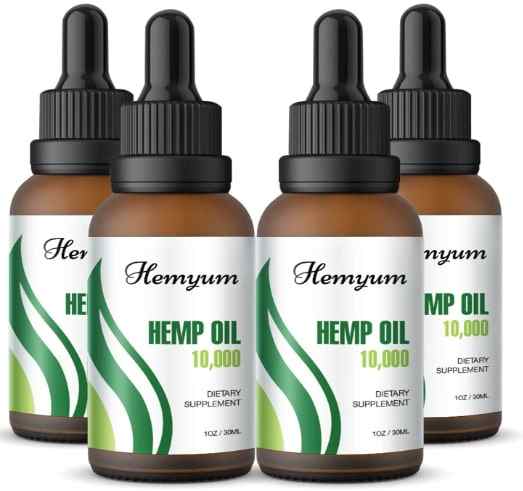
Cannabidiol oil can help reduce the rate of vomiting in your puppy.
Dosage: 1mg per 10lbs body weight.
Peppermint essential oil
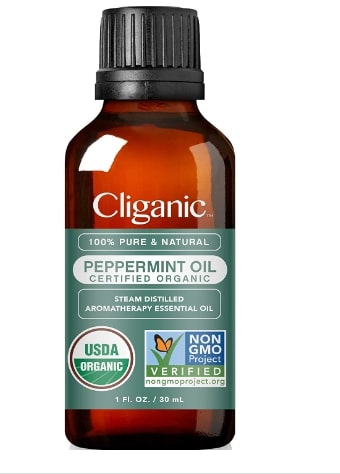
Putting peppermint essential oil in a vaporizer can make your puppy feel less nauseous.
Peppermint has been proven to be really helpful for nausea and because your puppy has a strong sense of smell, when you add it to your vaporizer and your puppy inhales it, it can help reduce its vomiting.
Put 10 – 15 drops in your vaporizer.
I would advise that you should have these natural remedies always stocked at home because you never can tell when your puppy would have coccidia.
If your dog is not getting better after these natural remedies then I suggest you try these OTC drugs I would mention.
Pepcid (famotidine)
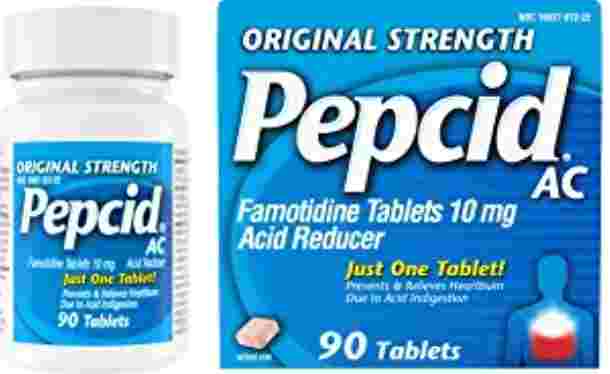
This is an over-the-counter antacid that works very well for dogs.
Dosage: 2.5mg/10lbs body weight, 2 to 3 times a day.
Gravol (dimenhydrinate)
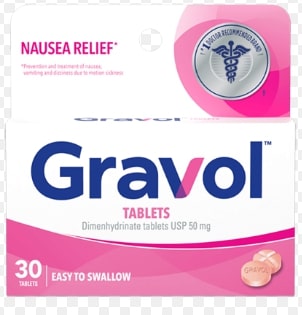
This is what I would give my puppy when all other remedies and treatments don’t work.
Dosage: ½ tab/ 10 lbs body weight.
I also recommend using an electrolyte such as breeders edge puppy and kitten lyte to maintain hydration and replenish electrolytes that may be lost through diarrhea.
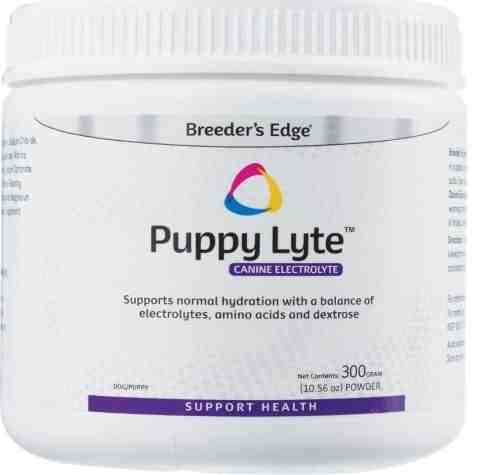
This can be mixed in warm water and given to puppies as young as two weeks old.
Before we go into the prevention of coccidia, I would like to talk about a special type of coccidian called cryptosporidium also called crypto.
Cryptosporidium
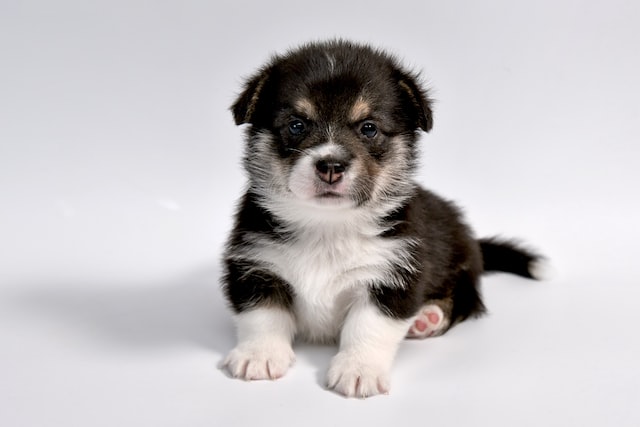
Crypto is a different type of coccidia that can be seen in puppies.
Symptoms of Cryptosporidium: neurological components, drooling, diarrhea, lack of appetite, weakness, and lethargy.
Diagnosis of Cryptosporidium: crypto is often misdiagnosed, it looks similar to coccidia except it’s very tiny. Crypto is diagnosed through a lab test.
Treatment of Cryptosporidium: the treatmentfor crypto is also different from normal coccidia, drugs that work on normal coccidia do not have any effect on crypto.
Note: there is a likelihood of cryptosporidium being transferred to humans.
Prevention of coccidia in puppies

Coccidia prevention needs to be started before birth and continued to the weaned puppies.
However, be cautious, as many products are not safe for pregnant dogs. You should never use a sulfa drug before the 50th day of pregnancy as you can increase the risk of cleft palate in puppies.
Another way to prevent coccidia is by giving your puppies their play and run, don’t allow them to chase mum and dad in the big yard.
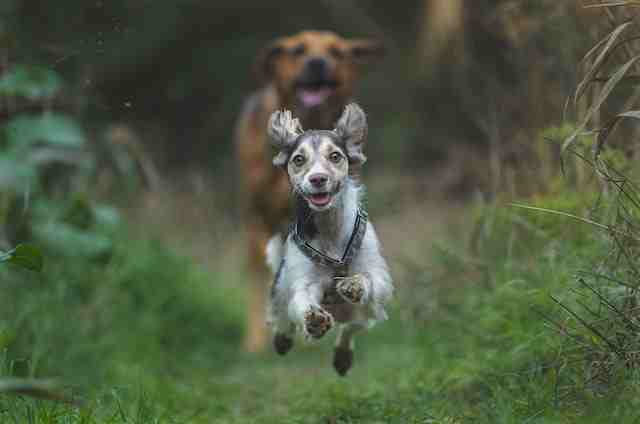
The big dogs can handle coccidia to a certain point. So, giving the puppies their own place to run can prevent contact with any fecal matter from the big dogs.
Insects and rodent control: mice and cockroaches can carry coccidia, so I suggest you keep your home pest free.
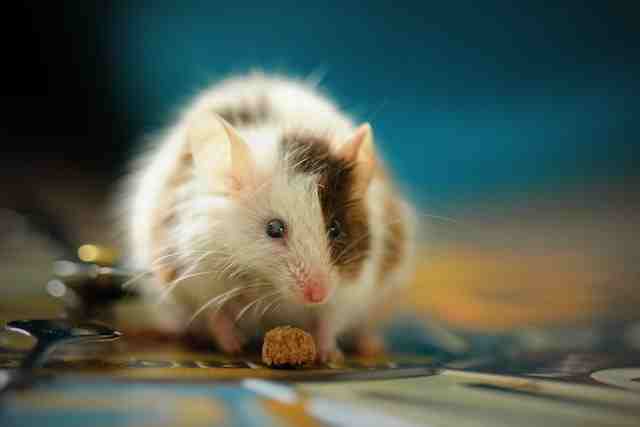
You would also want to practice strict sanitation and use disinfectants such as virkon which is very effective in killing microorganisms and oxine which kills a lot of microorganisms including parvo. Bleach won’t kill coccidia.
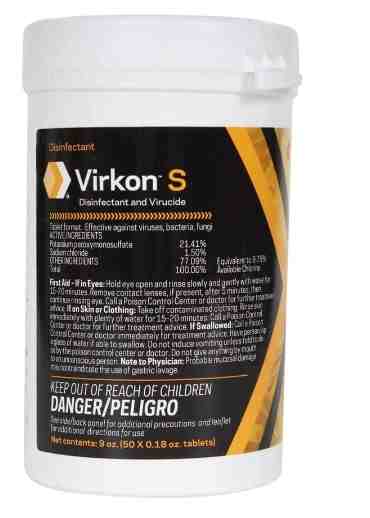
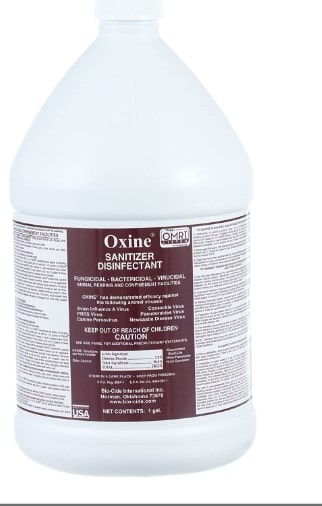
Since coccidia spread primarily through feces, all fecal matter should be removed regularly to prevent food and water contamination.
Direct sunlight on the soil and other outdoor surfaces could help reduce exposure to coccidia in puppies and keeping the areas free of stagnant water could also help.
Puppies can go on albon or a generic seven days after weaning.
Frequently asked questions about coccidia in puppies
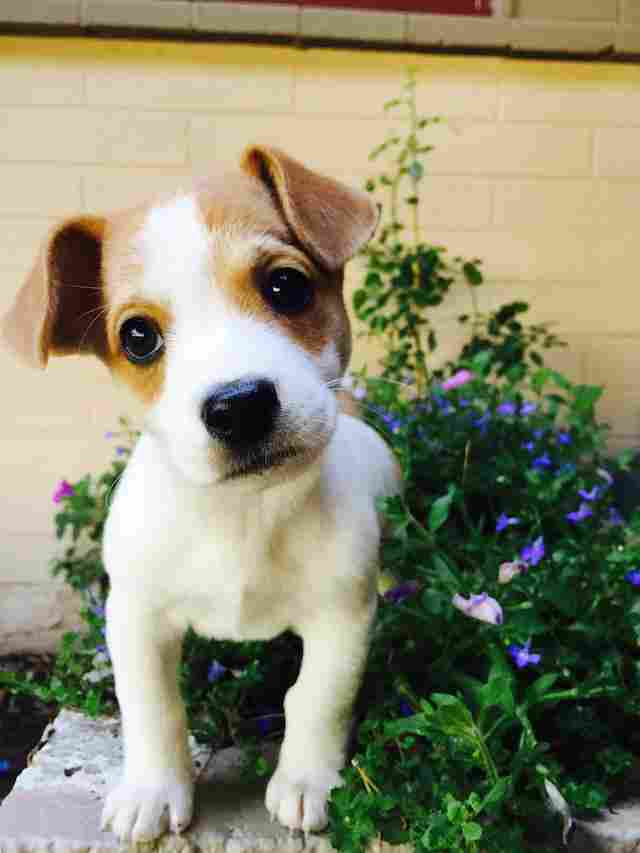
What to feed a puppy with coccidia?
I suggest feeding a puppy with coccidia a bland diet like white rice and chicken, it would help the stomach a lot.
Is coccidia common in puppies?
Yes, coccidia is very common in puppies, most puppies are bound to contract it at least once in their lifetime.
How long does it take to get rid of coccidia in puppies?
If proper treatment is administered and there is no reinfection through the feces, coccidia should be completely gone in 21 days.
Can puppies survive coccidia?
Yes, they can a lot of puppies fight coccidia and survive, you just have to follow the advice from this article to increase the survival rate.
What does coccidia poop look like?
At the early stages of coccidia, the poop is soft and later it could become diarrhea with mucus and in some cases bloody diarrhea.
Is coccidia in puppies contagious to humans?
The most common species of coccidia that affect your puppy cannot harm humans but some uncommon species like cryptosporidium can be contagious and harmful to humans.
Can a puppy with coccidia be around other dogs?
No, a puppy with coccidian should not be around other dogs because it is contagious.
What kills coccidia in the yard?
Spray the yard with ammonia solution and while spraying target the places you picked up poop from, then you let the solution stay for 20 to 30 minutes after which you flush the yard with water to keep your grass healthy.
Does apple cider vinegar help with coccidia?
Apple cider does have an antiseptic property which could help prevent coccidian but I suggest you don’t fully depend on it.
What dewormer kills coccidia?
Coccidia is not a worm, it is protozoa and I advise you don’t try to use dewormers to treat it.
How long does coccidia live in dog poop?
Coccidia can live up to a year in poop.
Related posts
Puppy upset stomach – Everything a responsible puppy parent should know
Puppy ear infection – Things you need to know to save your puppy’s ears
Puppy bloody diarrhea – Things you need to know to prevent puppy’s death
PUPPY IMPETIGO Overview|Signs & Symptoms|Causes|Treatment